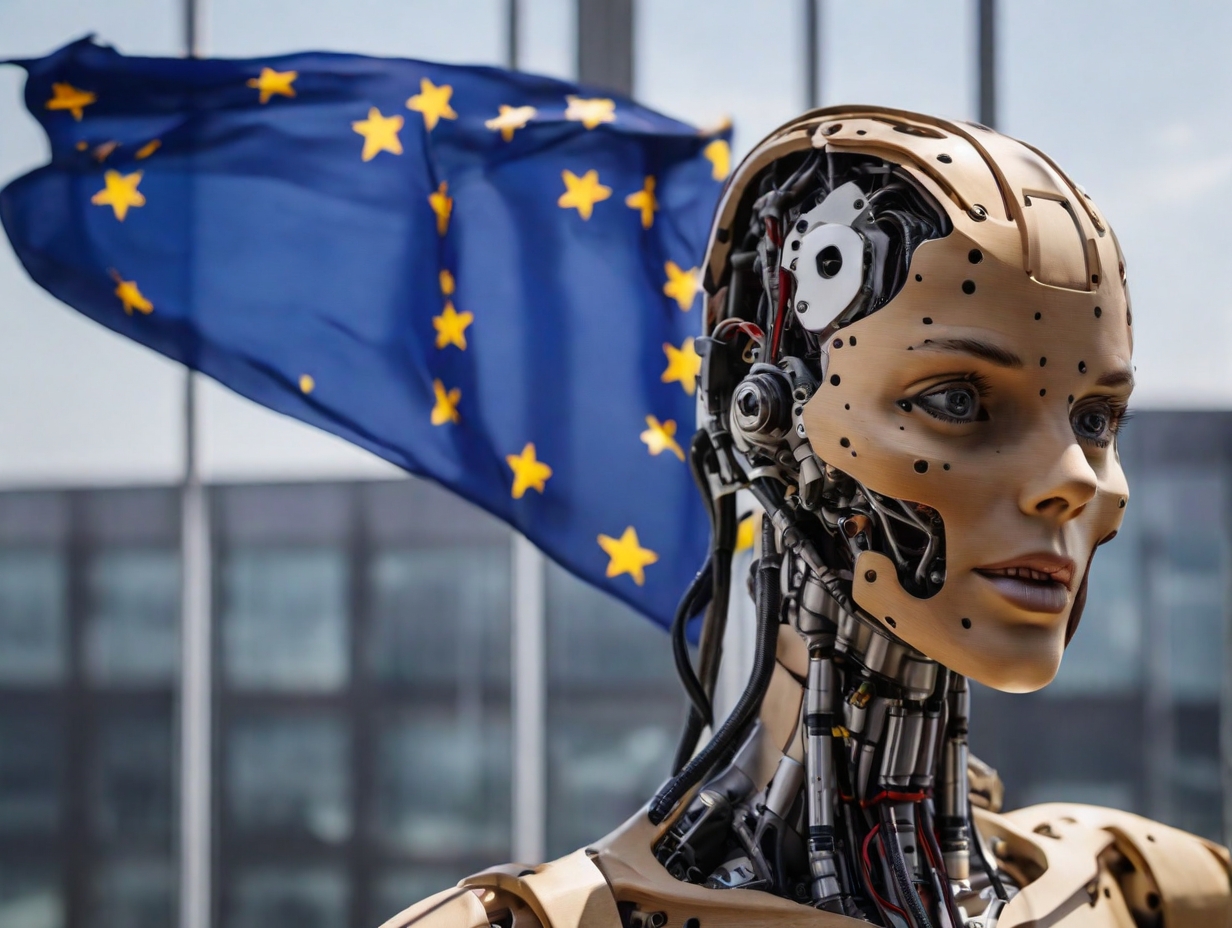The European Parliament has approved the groundbreaking AI Act, marking a significant milestone in global AI regulation. This comprehensive law aims to mitigate potential risks associated with artificial intelligence while setting strict standards for its deployment. However, it also poses challenges for tech giants eyeing the lucrative EU market.
Under the AI Act, stringent regulations are imposed on AI systems deemed to pose higher risks to society. Technologies involving biometric data processing and facial recognition databases, among others, will face prohibitive measures to safeguard fundamental rights. Sectors like infrastructure, healthcare, and law enforcement will be subject to rigorous requirements to ensure accountability and transparency in AI deployment.
Tech companies to show transparency and compliance mandates
The legislation mandates transparency from producers of AI systems, particularly in areas such as generative AI tools and chatbots. Companies must disclose the materials used to train their models and adhere to EU copyright laws. Furthermore, the Act addresses concerns regarding manipulated media content, requiring clear labeling of artificial or manipulated images, audio, or video content (deepfakes).
While lauded for its forward-thinking approach to AI governance, the AI Act poses challenges for tech companies, particularly those from the US and China, seeking entry into the EU market. Compliance with the Act’s standards and requirements will necessitate significant investments in research and development, potentially affecting the competitiveness of these companies in Europe. The legislation’s enforcement is expected to commence in 2025, following final reviews and approval from the European Council.
Chinese observers’ perspective
Chinese observers acknowledge the Act’s efforts to address AI risks but express concerns regarding its impact on market access for Chinese tech companies. The EU’s ambition to assert itself as a global leader in AI governance may create hurdles for Chinese firms looking to expand into Europe. Despite China’s own regulatory efforts in AI governance, the Act presents new challenges for Chinese companies operating in the European market.
The adoption of the AI Act signifies the EU’s proactive approach to regulating AI technologies, positioning itself as a standard-setter in global AI governance. However, the Act’s implications extend beyond Europe, affecting key players in the AI industry worldwide. Both Chinese and US companies will need to navigate higher market access thresholds, potentially reshaping the competitive landscape in Europe’s AI market.
A Step-By-Step System To Launching Your Web3 Career and Landing High-Paying Crypto Jobs in 90 Days.
